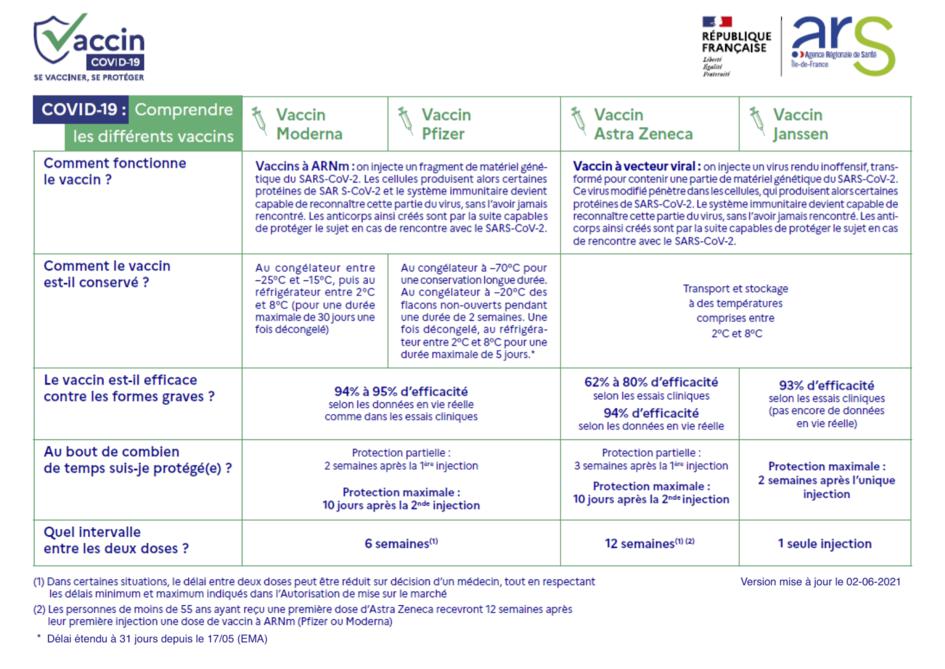
This is a statement used by all the new health protocols: to be able to isolate yourself for less time than a non-vaccinated person if you test positive, or to not be able to isolate yourself at all if you are in contact, a person must have a “complete vaccination schedule”. But what does this term mean? This refers to an up-to-date vaccination process: you must have received all doses on time to enjoy these benefits.
Two or three doses
“Until January 15, the complete vaccination schedule corresponds to two doses; except for those over 65 who, since December 15, must have done their booster [3rd dose, editor’s note] a maximum of seven months after their second dose, ”recalled Olivier Véran, Sunday, in the JDD. “This same seven-month rule for the third dose will apply from January 15 to all people over the age of 18. »

But, from February 15, the deadlines change. “You will have to do your booster four months – and no longer seven – after your second dose to have a complete vaccination schedule. »
To read on the subject School, work… Ask us your questions about back to school under Omicron, we answer themClearly, if you have your two doses and you are not yet eligible for the third, you are considered to have a "full vaccination schedule". Conversely, if you are eligible for the booster, you have a few months (four for the moment, then from February 15 only one) to take this third dose and not lose the benefit of the "complete vaccination schedule". Once you have completed this booster dose, your vaccination schedule will still be considered "complete".
Most people have a full vaccination schedule
In other words, only a person who has received no dose of vaccine, who has only received one or who has not given his booster in time is considered to have no "schedule". complete vaccination”.
To read on the subject 3rd dose: before which date to make your reminder to keep your health pass?“An infection will always be equivalent to an injection. This means that a person who has his two doses, who has not yet done his reminder but who has recently been contaminated by the virus responds “to the complete vaccination schedule, specifies Olivier Véran. It will nevertheless be necessary to obtain a booster dose, but three months after the infection.
Support professional writing at the service of Brittany and Bretons: subscribe from €1 per month.Subscribe






